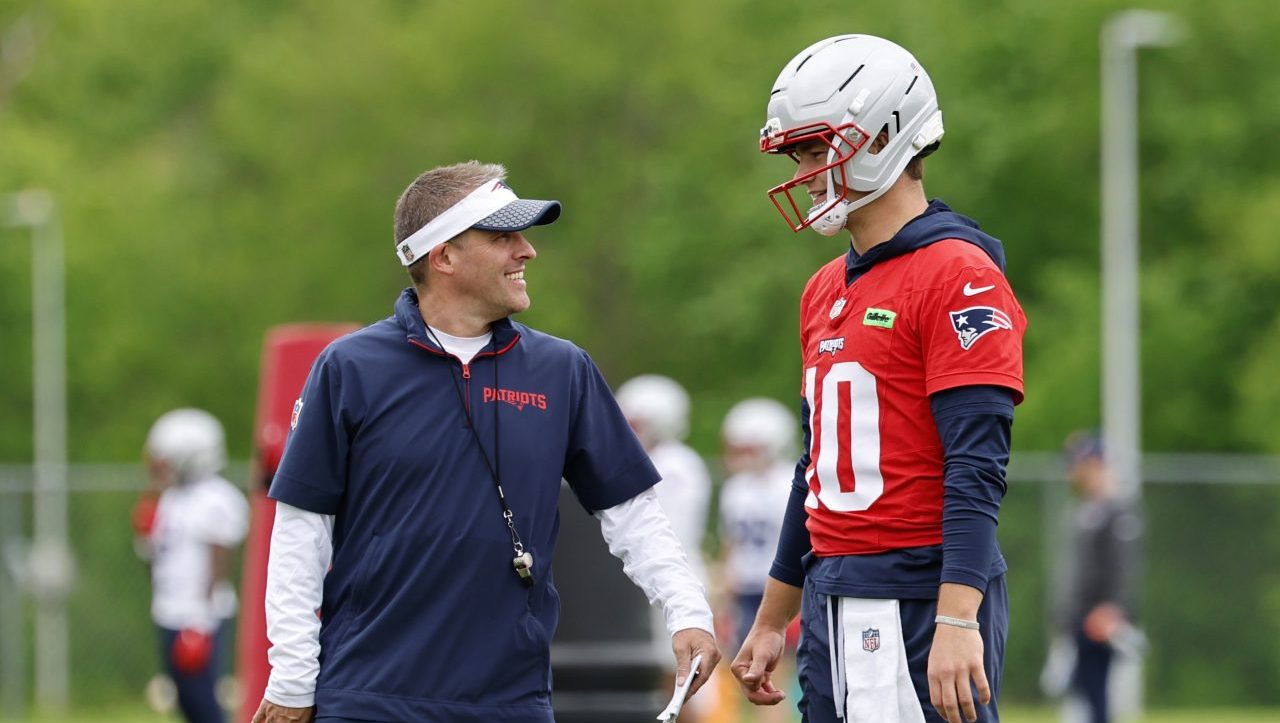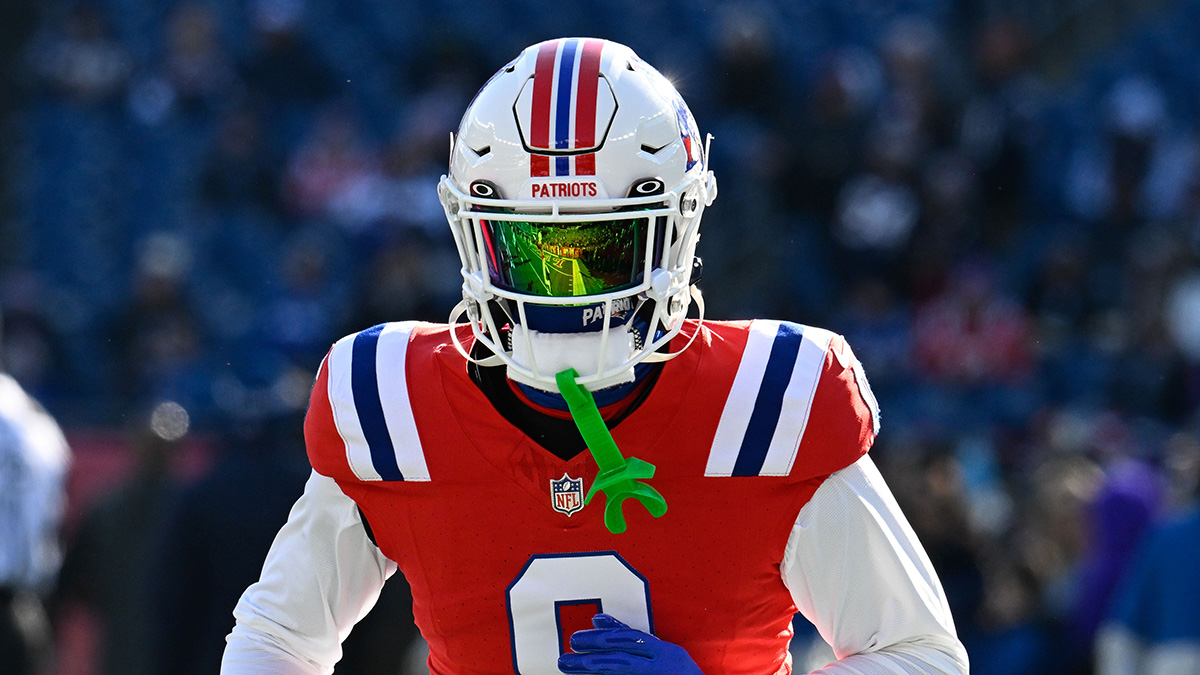
When it comes to the draft, the Patriots are very good early and they are really good late.
But in the second round, they have a tendency to take mammoth swings that result in either towering home runs or wild misses.
Playing the hits? Since 2009, there’s Sebastian Vollmer, Patrick Chung, Rob Gronkowski, Shane Vereen, Jimmy Garoppolo and Jamie Collins (regardless of how it ended for him, Collins was a beast).
And the misses? Ron Brace, Jermaine Cunningham, Ras-I Dowling, Tavon Wilson, Aaron Dobson and Jordan Richards.
Richards -- drafted in 2015 and traded on Friday to the Falcons for a conditional pick in the 2020 draft -- may have been the most damaging miss.
GETTING CLOSE TO CUTDOWN DAY
See, Richards wasn’t just unavailable because of injury like Dowling, for instance. And he wasn’t just “meh” like Brace, Cunningham or Dobson.
New England Patriots
Find the latest New England Patriots news, highlights, analysis and more with NBC Sports Boston.
In the regular defense, he didn’t do anything to make the team better. He actually made it worse. He was stiff, took bad angles, didn’t run exceedingly well, overcommitted in both the running game and the passing game and – unless someone was running right at him – was a below-average tackler.
Richards put that disastrous defensive jambalaya on display during one play in the final real game he played for the Patriots, Super Bowl 52.
Charged with covering Eagles running back Corey Clement on a third-and-3 late in the half, Richards . . . I mean . . . just watch the clip.
Had Richards not been on the field as much during the Super Bowl, maybe hearing his name wouldn’t create a tsunami of bad feeling. More like a ripple.
GETTING CLOSE TO CUTDOWN DAY
But he was on the field, in part, because Malcolm Butler wasn’t. Which created a secondary domino effect that moved Chung, a deft coverage player, around the defense more. So there’s a double-agitation there.
The Patriots fell for Richards because he looked the part of a possible box safety that could be an understudy to Chung. Coming out of Stanford, you knew he was sharp and his command of the game while there had his teammates calling him “Coach.”
The day he was drafted, Bill Belichick predicted the media would really enjoy Richards because he was so personable.
So with all that and his draft position, the bar was set high. He wound up being a good special-teams player.
It's worth remembering that it’s not the kid’s fault he got picked where he did. And information about his limitations was readily available.
GETTING CLOSE TO CUTDOWN DAY
This was a draft analyst’s predraft take on Richards in 2015: “Recorded the shortest broad jump of any player at the combine -- limited explosion and athletic ability. Recorded a 32-inch vertical jump, the lowest of all strong safeties at the Combine. Limited recovery speed, body control, balance and burst. Cannot match up with slot receivers in man coverage.”
While Richards dodges the indignity of being released, a conditional pick in 2020 (reported to be a seventh-rounder) is about as minor a return as a team can get aside from “cash considerations.” (Do teams do that anymore?)
The Patriots took Richards when they could have had players like receiver Tyler Lockette, guard A.J. Cann or running back Tevin Coleman. Imagine the damage Lockette could have done for them as a return man and slot apprentice behind Julian Edelman? (This ain’t revisionist history, either . . . ).
Jordan Richards was a disastrous selection.


